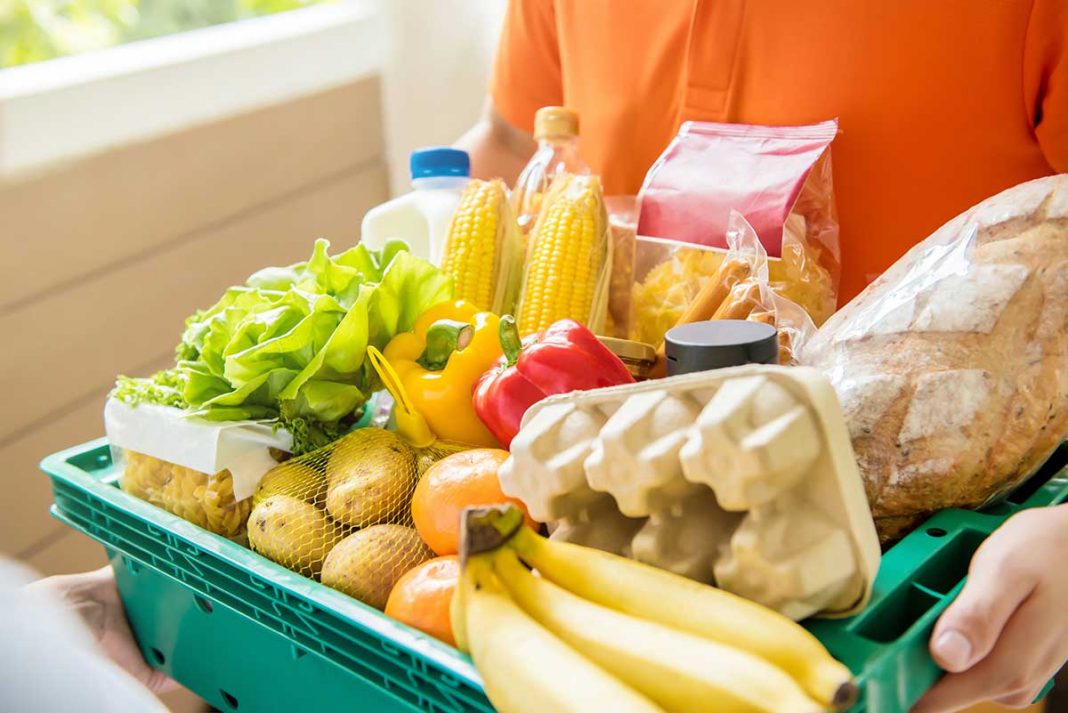MANITOULIN—A bombshell report from Second Harvest exposes a staggering food waste crisis in Canada, where nearly half of all food produced—46.5 percent—is discarded every year, amounting to $58 billion in lost value. What’s even more alarming is that 41.7 percent of this waste is avoidable, consisting of perfectly edible food that could have been used to feed millions. The revelation comes as Canadians struggle with skyrocketing grocery costs, with new data pointing the finger at Loblaws for artificially inflating food prices during a time of national crisis.
The latest report, ‘The Avoidable Crisis of Food Waste: Update,’ highlights a 6.5 percent increase in avoidable food waste since 2019, despite an overall 20 percent reduction in total food system waste. As families across the country tighten their belts due to a worsening affordability crisis, waste on this scale is more than just irresponsible—it’s infuriating. Avoidable food waste contributes approximately 25.7 million metric tonnes of CO emissions annually, equating to 253,000 flights from Toronto to Vancouver.
“The 2019 report sounded the alarm on food waste, and while there have been some improvements, the numbers show we are moving backward in critical areas,” said Lori Nikkel, CEO of Second Harvest. “The environmental and financial costs of food waste are staggering, especially as food prices soar out of reach for many Canadians. We must act now to address waste at every level of the food chain.”
While the report calls for urgent action on food waste, attention is also turning to grocery giants like Loblaws, which supported the funding for the research. Data shows that Loblaws has driven up food prices far beyond inflation rates, with some estimates suggesting that the company has contributed to as much as 40 percent of recent grocery price increases. The supermarket chain faced scrutiny earlier this year for reporting record profits while simultaneously hiking prices on basic essentials.
One key factor driving food waste is the widespread use of misleading “best before” dates, which account for 23 percent of avoidable waste. The report reveals that many of these dates are not based on safety but rather freshness, encouraging consumers to throw away perfectly good food in favour of purchasing more. This tactic not only contributes to unnecessary waste but also boosts sales for retailers, further burdening consumers already struggling with inflated prices.
The report’s recommendations include reclassifying “best before” dates, incentivizing food donations through tax breaks, and enforcing stricter tracking of waste metrics across the supply chain. With nearly half of all food being thrown away, there is a clear need for bold reforms to transform the system from one of waste to one of sustainability and accessibility.
For Canadians feeling the pinch at the checkout, this report is an indictment of a broken system that continues to fail its people. As Loblaws and other grocery giants rake in record profits, millions of tonnes of edible food are going to waste while families go hungry.





